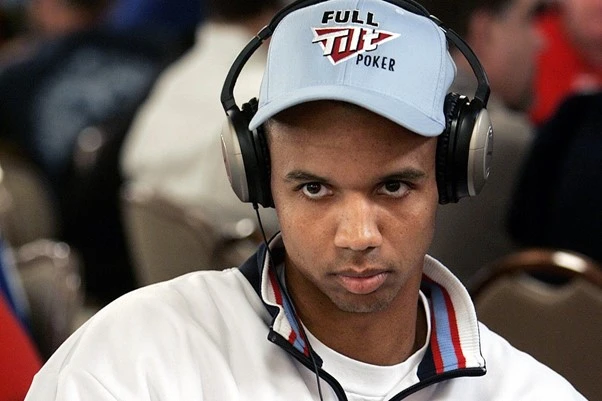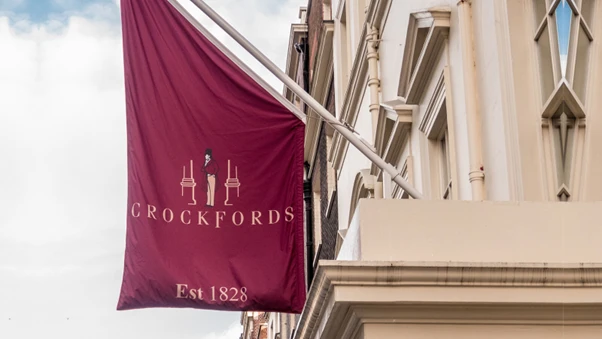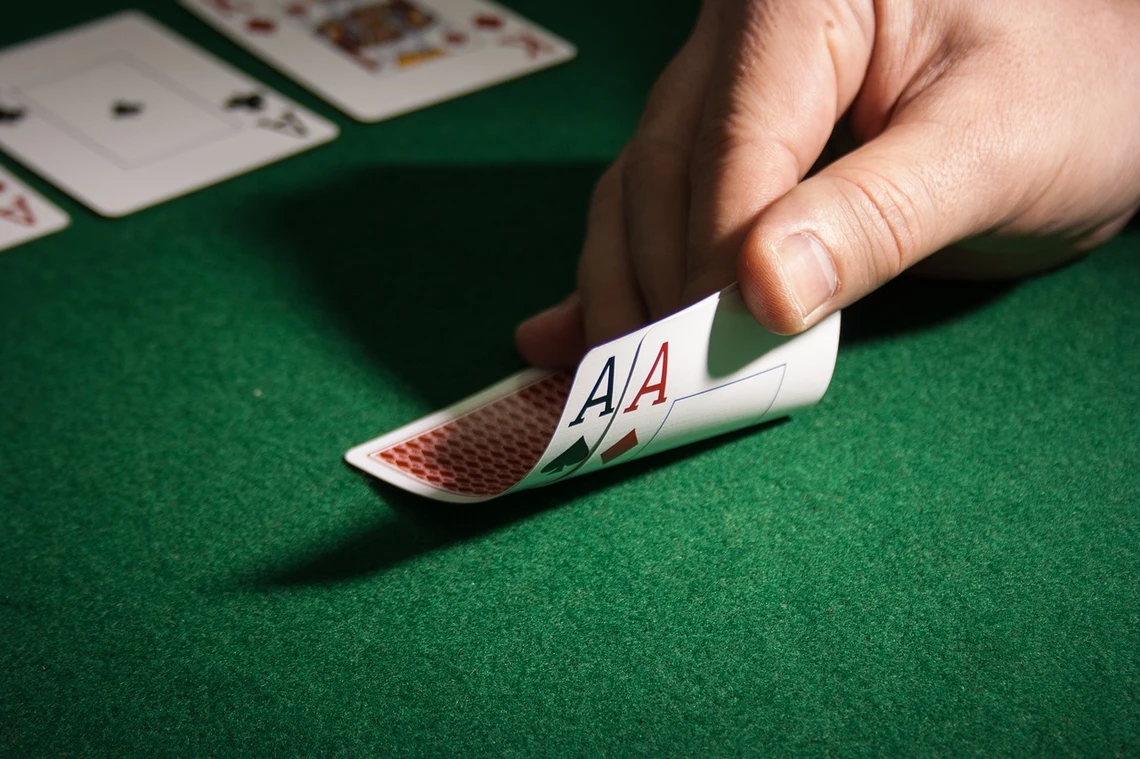
Betting’s Biggest Court Cases - Phil Ivey v Crockfords Club
With so much money on the line in the gambling world, it’s not uncommon for rows and disputes to end up in court. In our new series, we wanted to examine some of the most infamous gambling stories that have hit the headlines in the mainstream media. When it came to our inaugural blog, we knew the best place to start - Phil Ivey and his long-running dispute with a Mayfair casino to recover £7.7 million ($10.2 million) he won playing Punto Banco back in 2012.

Let’s take a closer look at the main players involved, what actually happened, and what went down when it ended up in court.
Who is Phil Ivey?
Affectionately known as the ‘Tiger Woods of Poker’, Phil Ivey has been a high profile live poker player ever since he made his breakthrough at the World Series of Poker back in 2000. Since then, the 46-year-old Ivey has enjoyed incredible success, winning 10 WSOP bracelets and racking up nearly $40 million in live tournament winnings.
Despite his incredible success at the poker table, Ivey has been no stranger to controversy over the years, with the majority of these issues revolving around 'edge sorting' - we will explain more later...
What is the Crockfords Club?
The Crockfords Club was a London casino on Curzon Street in Mayfair that dates all the way back to 1928, where it was initially founded as a bridge club. Ever since the Betting and Gaming Act was passed in 1960, the club became one of London’s most iconic casinos, attracting a slew of famous faces - including Kerry Packer, who was said to have lost £11 million ($16.5 million) at the club in September 1999.

What Happened to Phil Ivey at the Crockfords Club?
On a visit to London in 2012, Ivey and fellow gambler, Cheung Yin Sun, arranged to play a private game of punto banco - a version of baccarat - at the club. According to Genting Casinos UK, who owned the club, the two players used the technique of ‘edge sorting’ to assist them as they played - which they deemed to be an illegitimate strategy.
Ivey insisted the technique was not a form of cheating as it was not honest, and it was simply a case of him exploiting their failure to protect themselves.
At the end of his long playing session, Ivey had turned his £1million stake into more than £7.7 million in profit. That is when the club stepped in and refused to pay him - simply offering to return to him his initial stake.
What is Edge Sorting?
Edge sorting is a gambling technique where a player will determine whether a face-down card is likely to be low or high. The advantage is utilised by observing subtle and unintentional differences that appear on the back of the cards that are being dealt.

While the back of cards are intended to be identical, the two long edges of each card can be distinguishable from one another as the back pattern of one card is not symmetrical to another card that has been rotated 180 degrees.
What Happened in Court?
This case didn’t just end up in one court, but two! Having lost in the Court of Appeal, Ivey escalated his case to the Supreme Court in 2017, where he also came out on the wrong side of the judgement.
When taken to the Supreme Court, the five justices unanimously voted to uphold the decision from the Court of Appeal on the basis that punto banco should remain a game of pure chance.
As previously agreed, Ivey received his £1 million stake back, but his £7.7 million profit was returned to the Crockfords Club.
Stephen Parkinson, who was the lawyer representing Crockford Club in court, said: "This is one of the most significant decisions in criminal law in a generation. The concept of dishonesty is central to a whole range of offences, including fraud."
Where Are They Now?
Ivey continues to make millions as one of the most high profile live poker players in the world, regularly winning big, televised tournaments. However, he was again involved in edge sorting controversy in January, 2019, when the Borgata Casino pursued him for more than $10 million he won using the technique at their casino. They eventually reached a settlement between the two parties in 2020.
Unfortunately, the Crockfords Club is no more, having closed its doors for the final time in October 2023. The unfortunate closure was confirmed with a simple quote from Genting Casino: “There are a combination of factors which have put high-end London casinos at a competitive disadvantage to other global marketplaces and this has led to an unsustainable future for Crockfords in Mayfair.”

Author
Gambling Consultant





